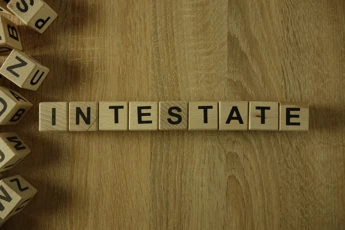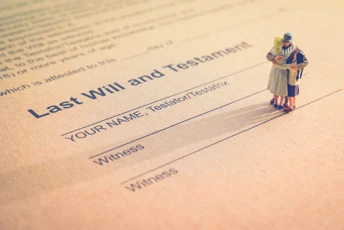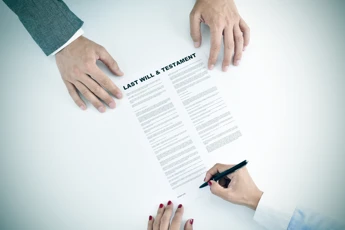However, those who do have a plan often make mistakes, potentially leading to familial and financial problems further down the line.
When it comes to estate planning, the most common mistake people make is failing to do so. Some people feel intimidated or afraid when thinking about death, others don’t want to initiate a difficult conversation with a spouse, while others simply don’t know where to start.
So, what are some of the basic estate planning needs that everyone should address?
Writing a will
Writing a will is crucial for ensuring your wishes are met after you're gone. It allows you to decide who inherits your belongings and possessions, rather than leaving it up to chance or the law. This can prevent unnecessary stress and potential arguments among loved ones during an already difficult time. Furthermore, a will lets you designate guardians for minor children and express your preferences for your funeral arrangements. It's a thoughtful way to provide clarity and security for your family during a significant life transition.
Durable Power of Attorney
When it comes to financial matters, be clear about whether you want a Power of Attorney to be immediately effective, or if you would prefer for them to be 'springing' (meaning they don’t become effective unless you're incapacitated).
Having outside legal entities make decisions about your personal life can be emotionally challenging. Your goal with these base documents is therefore to avoid probate - when the person who died owned property or significant assets in their sole name.
Estate planning can get much more complicated than this, especially for those who have net assets that exceed estate tax exemptions. For the vast majority of people, establishing these basic documents will go a long way toward making wealth transfer as easy as possible for loved ones.
Our partners at Carr Mitchell can help you tackle estate planning in a coordinated manner, keeping vital details from falling through the cracks.









